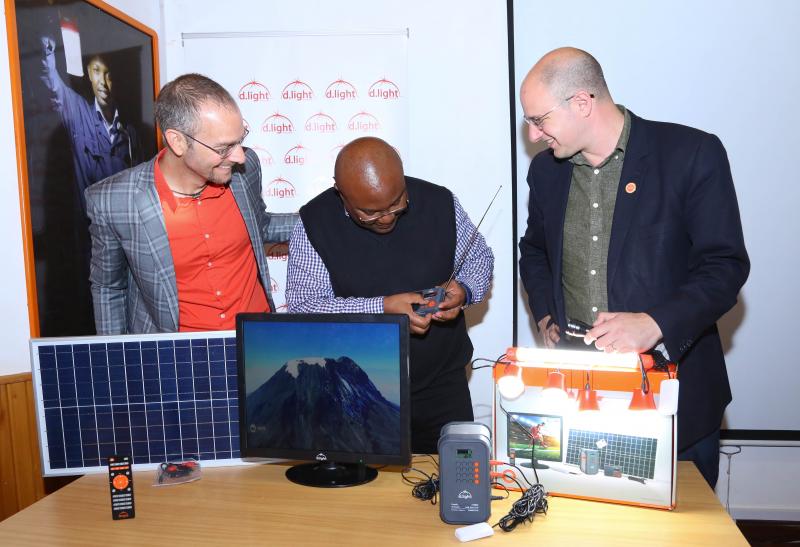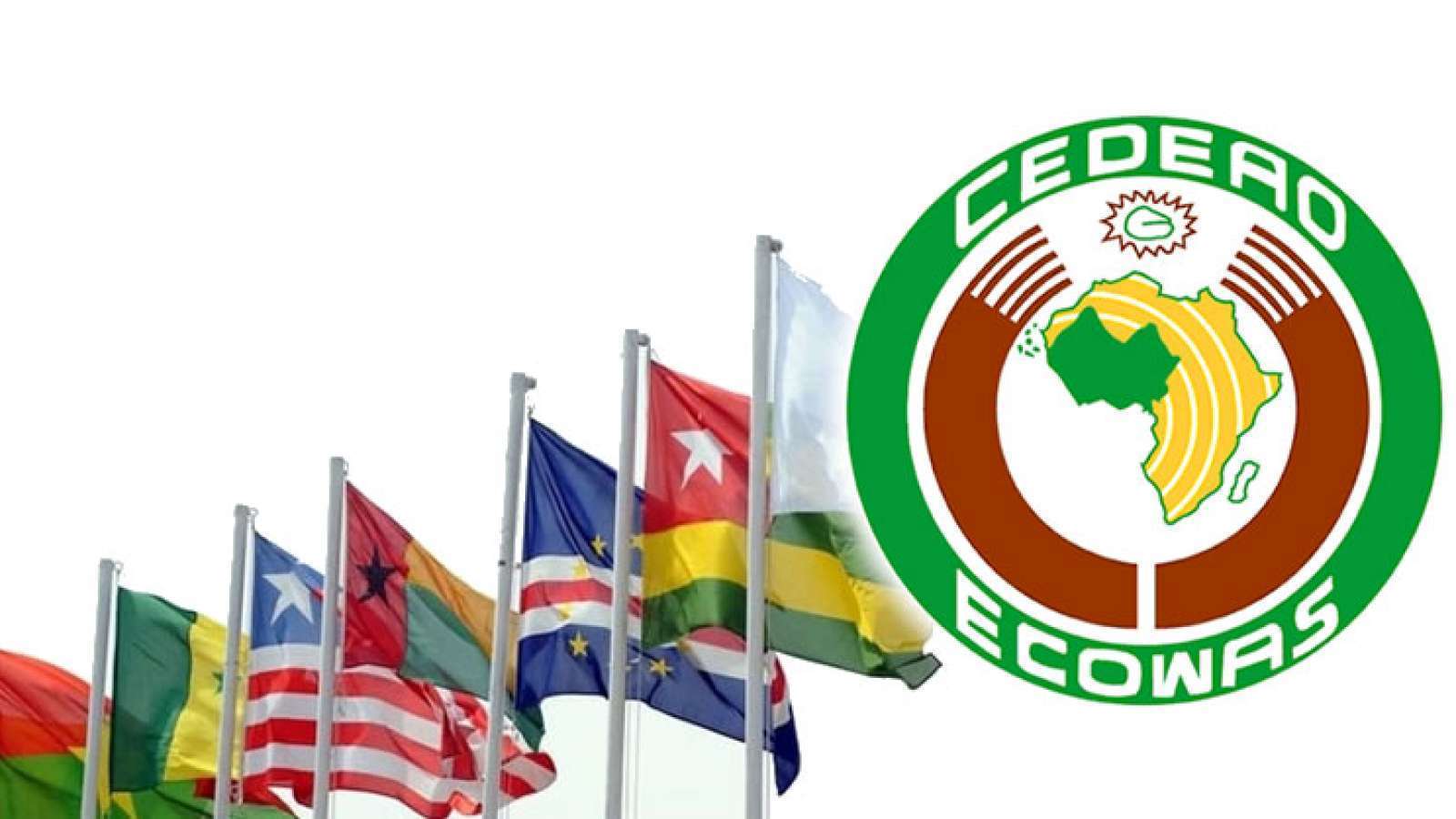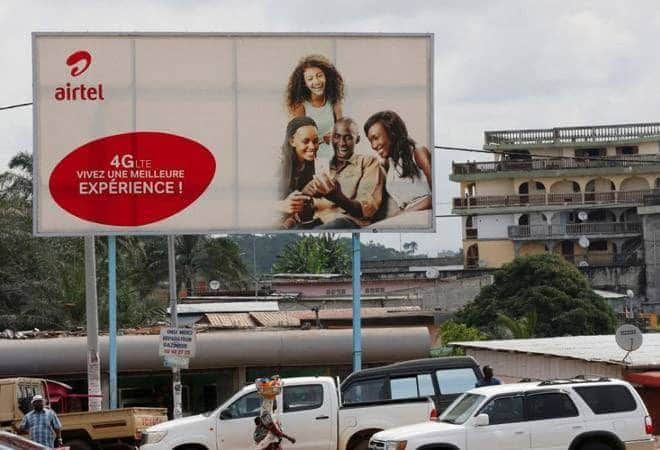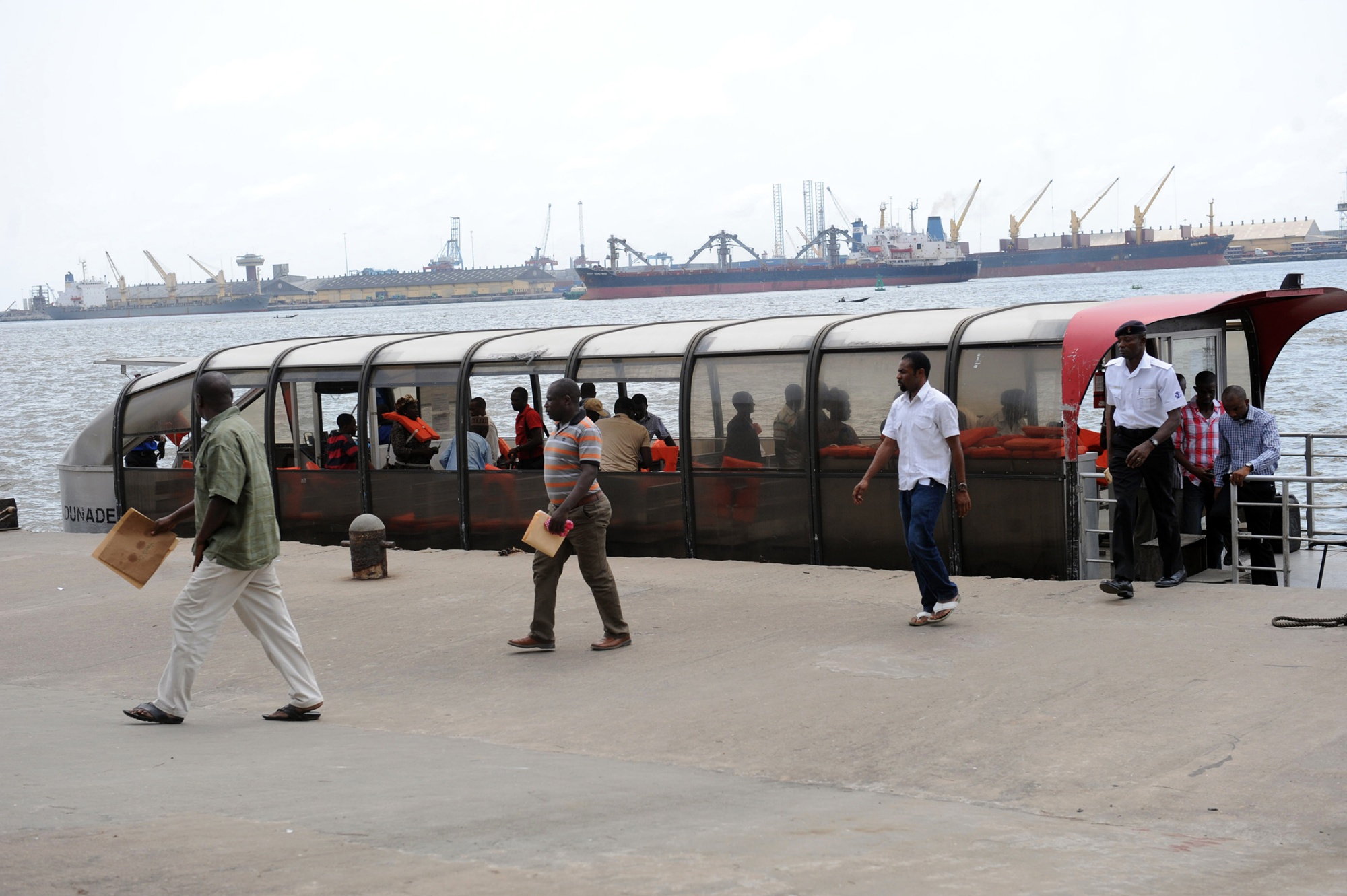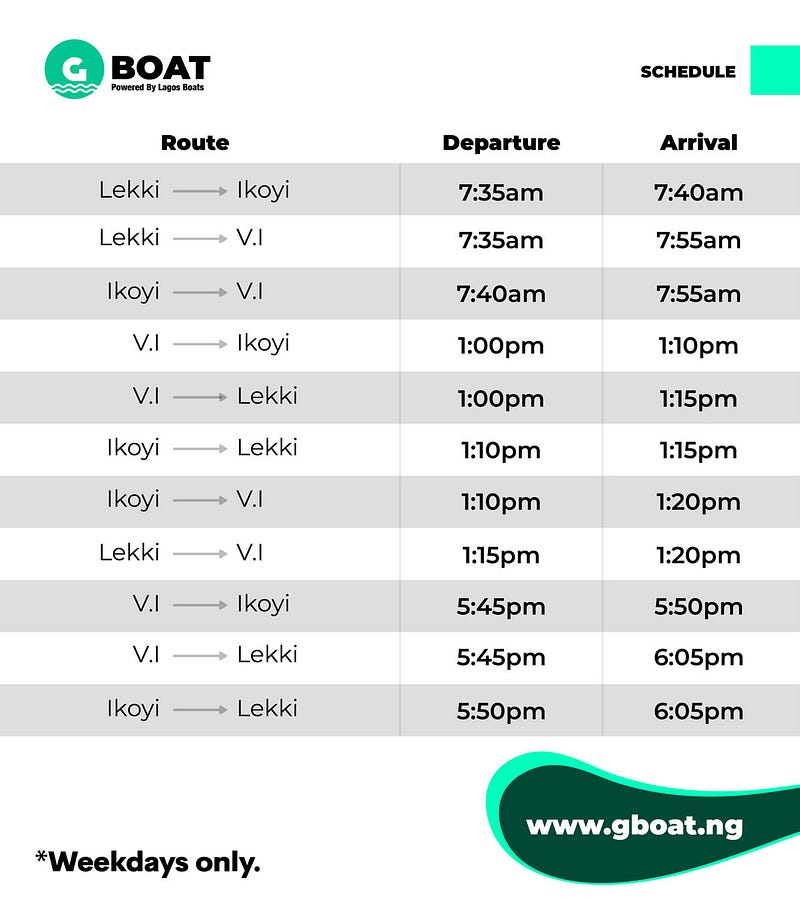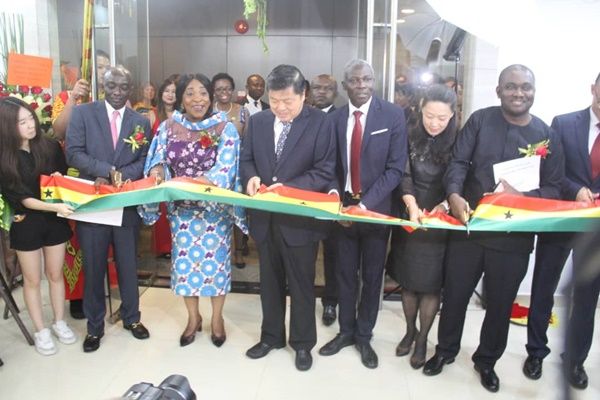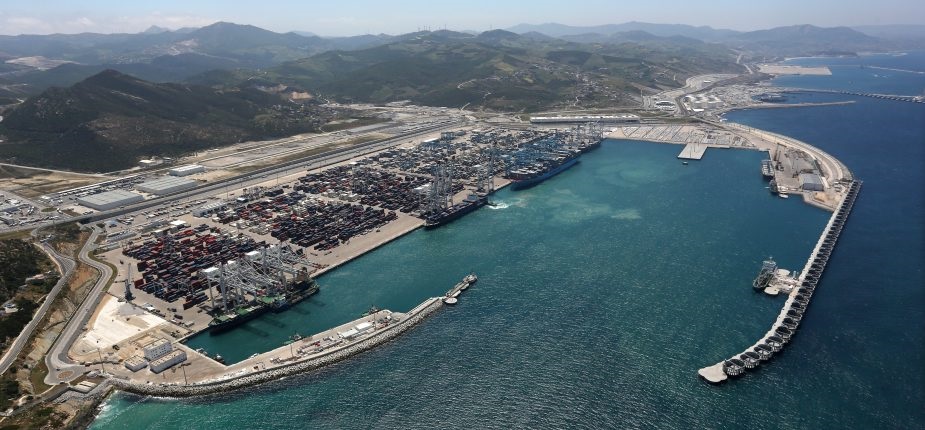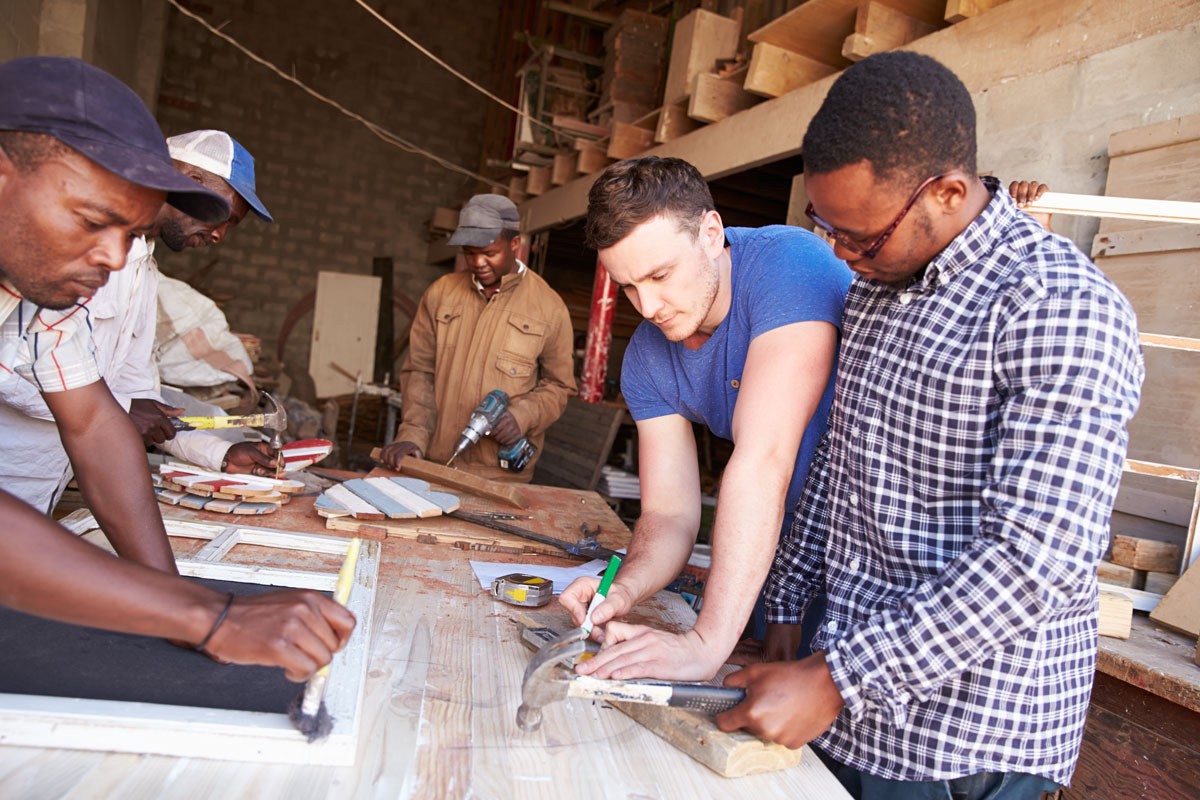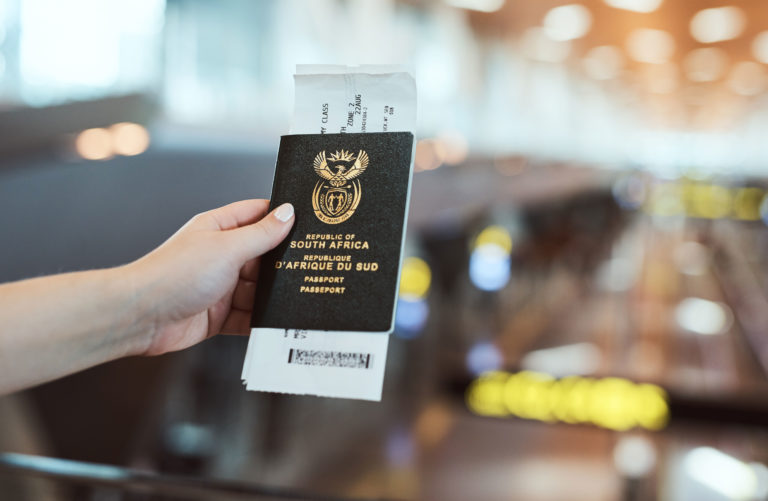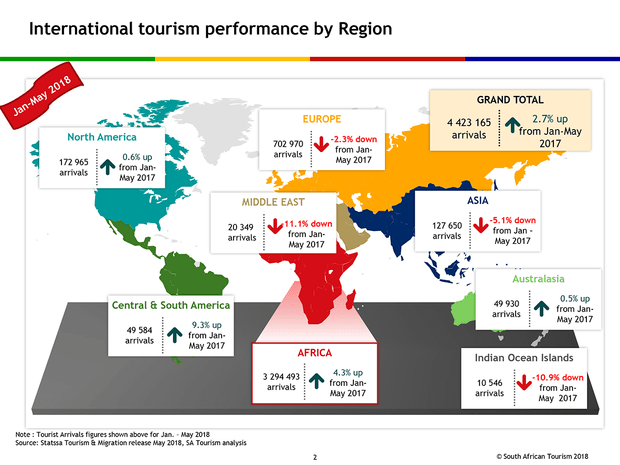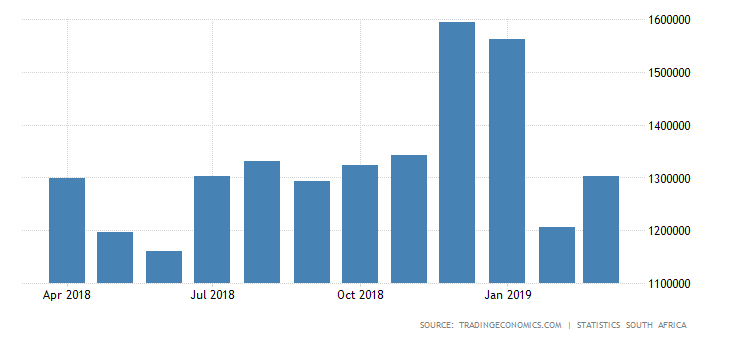Kenya: Startup d.Light Raises $18 Million For Expansion
Kenyan startup d.Light is never leaving any stone unturned in its quest to scale its business and expand its operations. The startup is the latest on the continent to raise funds. The solar kit solution has just received Sh1.84 billion capital injection from a consortium of lenders to help accelerate its growth in Africa.

A Look At The Funding
- The investment came from two responsibility-managed funds: SunFunder, DWM, and SIMA.
- The startup hopes to use the funds to expand its product line and enter new markets to reach more customers.
- The new capital is coming barely a few months after three European government funds committed Sh4.1 billion into d.Light.
- The company said the financing was organized by Inspired Evolution, an Africa-focused investment advisory firm specializing in the energy sector.
d.Light At A Glance
- Although started by the Americans Sam Goldman and Ned Tozun, the Kenya-based startup provides solar-powered solutions — ranging from lights, phone chargers, radios, and even televisions — which are sold in over 60 countries.
- In April, it opened a regional office and service center in Eldoret, Kenya as part of the company’s expansion strategy to reach and impact 100 million lives globally by 2020.
- Located at KIPPS Plaza, Iten road, the office, and service center has been opening daily including weekends and public holidays.
- The center offers sales services and after-sales services for d.Light’s products including solar home systems and portable solar powered lanterns.
- The startup has 1,000 employees and 3,000–5,000 commissioned agents, is generating about $100 million of revenue a year, and experiencing 40–50% growth annually.

“Significant amounts of capital are required to enable us to continue providing these financing plans for our customers as we grow.
“We are thankful for the continued support of our funding partners to enable us to create a brighter future for the families we serve,” said d.light chief executive and co-founder Ned Tozun in a statement on Monday.
For the startup co-founder and chief executive Ned Tozun the funding by SwedFund, Norfund, and Dutch Development Bank FMO would give d.Light some new impetus to expand into new markets and increase product lines to reach more customers.
SEE ALSO: Why Startup Ecosystem in Africa’s French-Speaking Countries Is The Least Funded In Africa
This Investment Is A Major Win For A Startup That Had A Humble Beginning
For a startup that started off struggling to raise funds, this is a big moment for it. Early investors in the startup did not believe investing in its high-risk, unproven proposal and hence were uninterested.
“I was someone who doesn’t like public speaking. I’m more of an introverted person; I was like a coder and stuff,” Ned told Forbes in a interview. “So, going out and pitching to venture capitalists, I was so nervous the first times. But, as with anything, if you do it enough, and if you really believe in the business that you’re doing, you’ll get better and better.”
This is after a series of rejection from venture capitalists too.
“You guys will fail. Please don’t waste your life on this,” one investor told them.
The startup came to its turning point when d.light won the Draper Fisher Jurvetson Venture Challenge and earned a $250,000 check from the well-known VC firm.

Inspired by the win, Guy Kawasaki’s Garage Technology Ventures doubled their $250k winnings. Buoyed by this in-pouring of funds, Ned relocated with his wife to China to figure out how to build solar-powered solutions that were affordable, high quality, and at scale. At the same time, his co-founder, Sam Goldman, moved to India to figure out how to sell and distribute the products.
Today, more than a decade since starting d.light, the startup has raised a little over $100 million in equity and debt financing. This is roughly a 50/50 mix of both.
‘‘Having the brand name of Stanford really helped. So did meeting VCs lecturing at school, and cold emailing investors,’’ Ned said.
Of course, once those initial investments came in, fundraising became a lot easier for Ned and his team.
‘‘I always say that, as a founder, you’re swimming in an ocean full of sharks, the sharks being investors. Eventually, one of them is going to bite, and then everyone else will want to bite.
You just need to stay afloat until then. You need to topple that first domino, and then the rest will come,’’ Ned said in the interview.
Charles Rapulu Udoh

Charles Rapulu Udoh is a Lagos-based Lawyer with special focus on Business Law, Intellectual Property Rights, Entertainment and Technology Law. He is also an award-winning writer. Working for notable organizations so far has exposed him to some of industry best practices in business, finance strategies, law, dispute resolution, and data analytics both in Nigeria and across the world.

